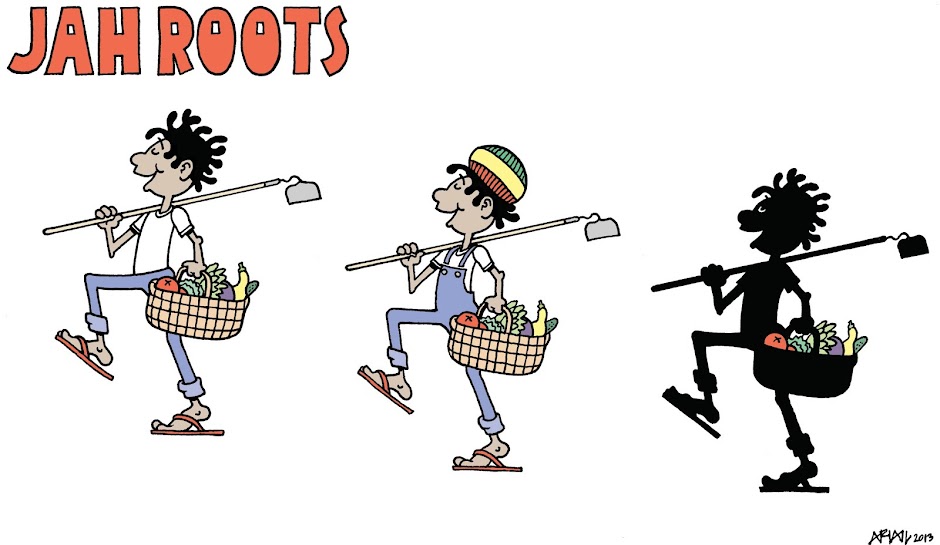Source: shopping.clemson.edu via Peter on Pinterest
Welcome
Source: peasepudding.wordpress.com via Chipper on Pinterest
Wednesday, October 10, 2012
West African agriculture advocate and women’s rights activist to visit Clemson during World Food Day 2012
Dienaba Diallo, pastoralist farmer and president of Burkina Faso’s Collége des Femmes, will tour Clemson University’s Student Organic Farm and Clemson Public Service and Agriculture’s Simpson Beef Cattle Farm Oct. 12 as part of events surrounding World Food Day 2012.
Clemson’s School of Agricultural, Forest and Environmental Sciences (SAFES) and the international relief and development organization Oxfam America will host the tours.
Diallo will learn about Clemson’s work in the local community and around the world to promote food security and increased food production and will speak to students in field crop production and women’s studies classes. Diallo will also meet with Clemson faculty, administrators and researchers.
Diallo is from a region of Burkina Faso in West Africa where millions of people are at risk of hunger and malnutrition.
Since leaving her career as a history and geography teacher to return to her home village and rejoin her ethnic group's traditional vocation of animal herding, Diallo has advocated for better investment in small-scale producers. FULL STORY
Friday, October 5, 2012
Celebrating NW urban food harvests
Source: urbiculturecommunityfarms.org via James on Pinterest
Prince Protégé Taja Sevelle is Now an Urban Garden Guru
Source: rateyourmusic.com via Michael on Pinterest
Monday, October 1, 2012
Defining Sustainability in the Restaurant Industry
Source: blogs.babble.com via Chipper on Pinterest
Subscribe to:
Posts (Atom)





